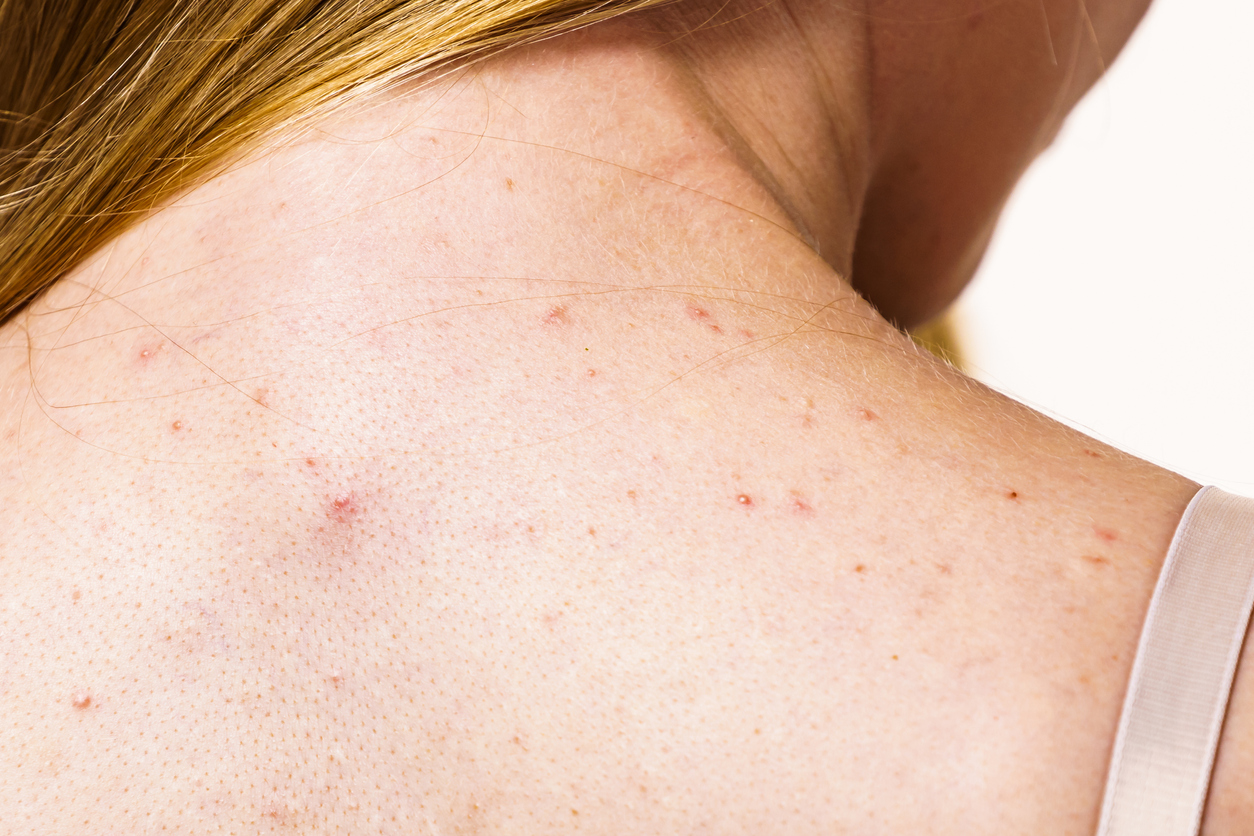Acne from Body Oils: Understanding and Management Tips
Introduction
Skincare is an intricate field, constantly evolving, and requiring a deep understanding of various elements that affect our skin's health. One persistent issue that many beauticians encounter is acne from body oils. This form of acne is prevalent, yet often misunderstood. Neglecting its causes and ignoring its management can lead to exacerbated skin conditions, affecting skin aesthetics and health. Let's delve into the profound relationship between body oils and acne, equipping you with comprehensive knowledge to help your clients maintain radiant and healthy skin.

What Causes Acne from Body Oils?
Body oils are natural; they are secreted to protect the skin and maintain its moisture balance, but excessive oil production can lead to acne outbreaks. This occurs when the oils mix with dead skin cells and clog the pores, resulting in inflammation and acne. Understanding the underlying causes of these excessive oils can provide insights into effective preventive strategies.
Hormonal Fluctuations
Hormonal changes, especially during puberty, pregnancy, or menstrual cycles, often trigger increased oil production. The sebaceous glands, stimulated by hormonal surges, can produce more oil, raising the risk of clogged pores and acne. Beauticians can educate clients on recognizing these periods and adopting tailored skincare regimens during such times.
Impact of Body Care Products
Many individuals unknowingly use body care products that induce oiliness and acne. These products, often laden with harsh chemicals or comedogenic substances, can aggravate skin sensitivity. Opting for non-comedogenic products, such as those listed in this article, may provide better protection against acne caused by body oils.
Environmental Factors
Environmental conditions, including humidity and exposure to pollutants, can intensify oil production and exacerbate acne. Beauticians should advise their clients about protective measures, stressing the importance of regular cleansing and the potential effects of exterior factors on skin health. Articles like this one provide valuable insights into how weather impacts acne.
Preventive Strategies
Preventing acne from body oils involves a multifaceted approach, blending proper hygiene, the right selection of skincare products, and lifestyle changes. Consistency is key; regular practices will yield the best results in minimizing acne risks.
Enhancing Skincare Routines
Implementing a thorough skincare routine tailored to reduce oiliness is essential. Using non-comedogenic lotions and cleansers can control excess oils, aiming to keep the skin's moisture balance in check without clogging pores. Techniques and tips from this blog can offer additional guidance on managing body acne.
Dietary Adjustments
Diet plays a significant role in maintaining healthy skin. Foods rich in omega-3 fatty acids and antioxidants can promote skin resilience, while high-glycemic foods and dairy often exacerbate acne. Beauticians can explore with clients the impact of diet on skin health, supported by resources such as this article.
Conclusion
For beauticians, a profound understanding of the dynamics between acne and body oils can transform skincare recommendations and elevate client trust and satisfaction. By adopting proactive measures, educating clients about skincare routines, and understanding the influence of external factors, beauticians not only manage acne effectively but also enhance their client's skin health holistically.

FAQs
-
How do body oils cause acne?
Body oils can mix with dead skin cells, clogging pores and leading to inflammation and acne.
-
Can diet affect body oils and acne?
Yes, certain foods can increase oil production, making acne more likely.
-
What skincare products help reduce acne from body oils?
Non-comedogenic products are ideal as they don't clog pores, thus reducing the risk of acne.
This article contains affiliate links. We may earn a commission at no extra cost to you.

